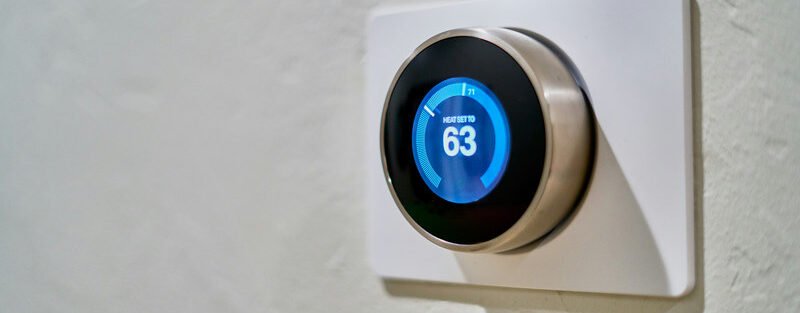Modern technologies in construction: "smart home"
Every year, technologies are rapidly penetrating into various areas of our lives, and construction is no exception. One of the most striking examples of the use of innovations in housing construction is the concept of a “smart home”. This is not just a trend, but a real opportunity to make our life more convenient, safe and energy efficient. In this article, we will consider the main technologies of a “smart home” and their advantages.
1. What is a “smart home”?
A “smart home” is a system that integrates various devices and sensors into a single network that allows you to control household appliances, lighting, security systems, heating and other functions remotely via a smartphone, tablet or voice commands. The main goal of such systems is to automate routine processes and make housing as comfortable and safe as possible for the owner.2. Main systems of a “smart home”
2.1. Lighting control system “Smart” lighting systems allow you not only to turn the lights on and off using your smartphone, but also to adjust the brightness, color, and create lighting scenarios for different situations – for example, evening relaxing light or bright task lighting. Advantages:- Energy savings by automatically turning off the lights in empty rooms.
- The ability to create an atmosphere to suit your mood or situation.
- Remote control of light even outside the home.
- Reducing heating and air conditioning costs due to intelligent regulation.
- Remote temperature control via mobile devices.
- Creating zonal heating or cooling in different parts of the house.
- Increased security through remote monitoring.
- The ability to control access to the house through smart locks and cameras.
- Automation of alarms, for example, when motion is detected or glass is broken.
- Automation of household processes and the ability to remotely control.
- Reduced risk of fires and other emergency situations.
- Saving electricity due to precise control over the operation of devices.
- Timely warning of leaks and leaks.
- Ability to prevent major damage to property.
- Reducing the risk of emergency situations.


